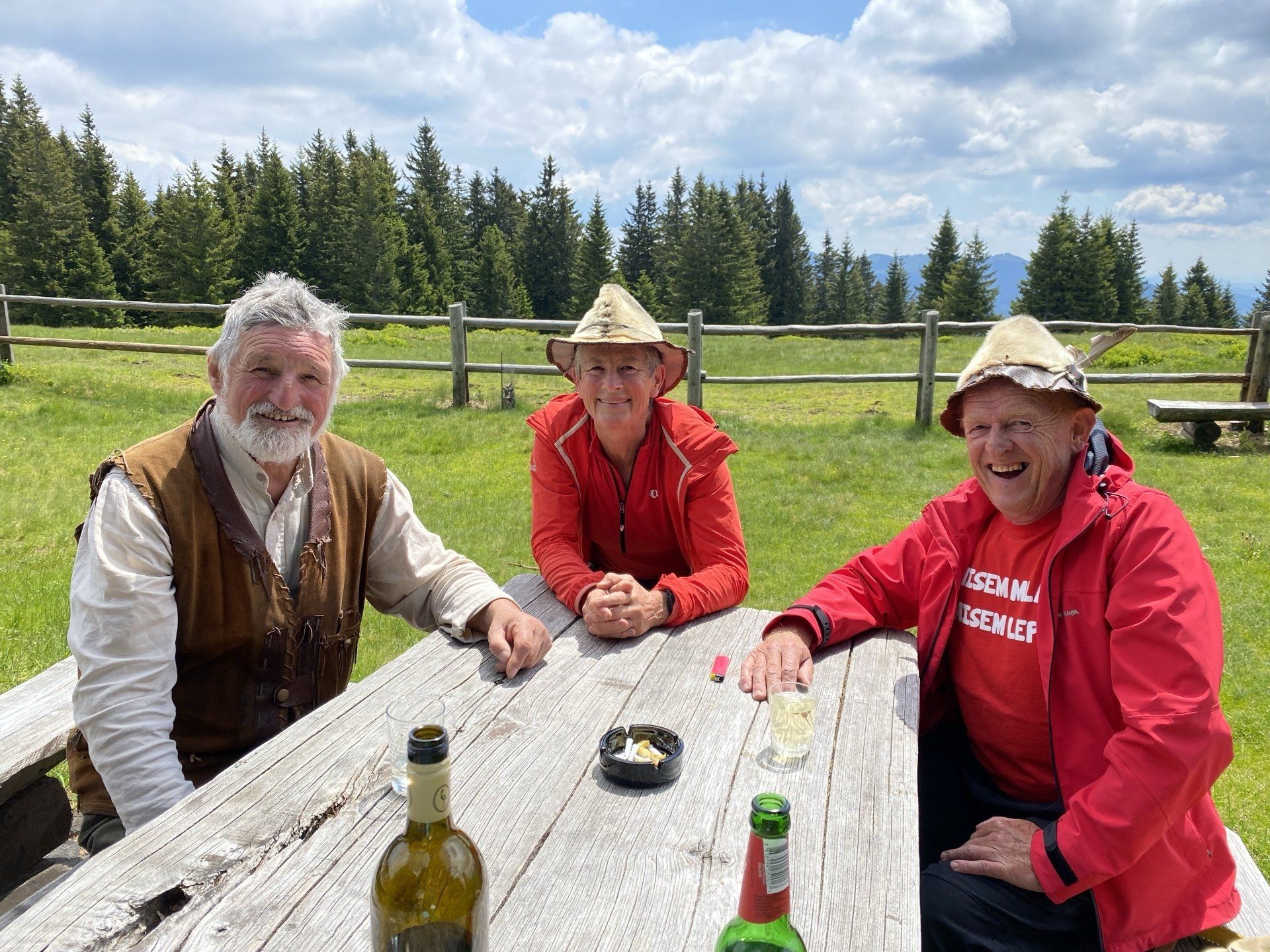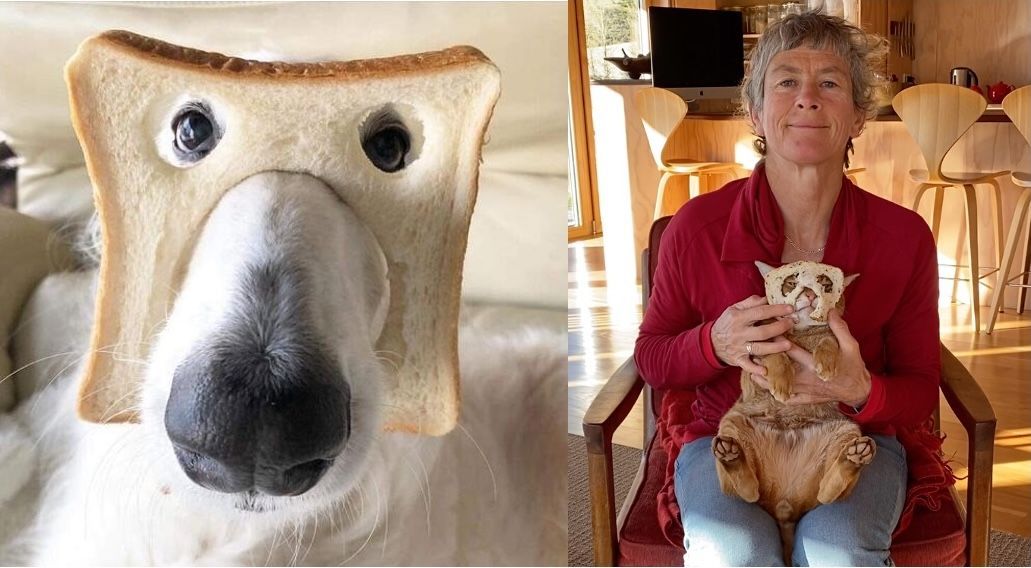Indigeneity & Belonging

I was walking along the Slovene Mountain Trail, looking at the way that locally logged timber is used to build steps and handrails. It makes sense and I mused on whether this is done in Slovenia because that’s how it has always been done…and how in New Zealand structures would be made of treated radiata pine for a multiplicity of reasons, including a lack of long history of physical track construction using local resources.
I wondered if such use of local resources is more likely in a place where the majority of people have been in the region long term i.e. are indigenous. Then I thought how lucky places in Europe that the inhabitants don’t face the same struggle over the nature of indigeneity and degree of belonging to place that occurs in colonial countries.
I realise this topic is hugely political and politicised. I also realise that Europe has its own problems with the degree of belonging of recent immigrants, but NZ also has that additional problem, so let’s put it to the philosophical side. My musings are around when and how people who have been in a country for more than one generation are considered to be truly “of” that country.
Since I was very young I have been quite sure I belonged to the Southern Alps. Not because my family spent much time there – we didn’t do a lot of mountain things. But in the same way my brother loved the city and buildings, I loved those mountains. However, my mother was British and I sounded more British than Noo Zild, which made me think I had some degree of allegiance to Britain. I thought that until I went to Britain, at which point I realised I was definitively a New Zealander and belonged nowhere else.
However, over the last two decades, shifts in terminology and rhetoric appear to state that, although I think I am embedded in New Zealand and feel tied to the land, I cannot be “indigenous” because my ancestors (both adoptive and birth) originated at some point in the chain from another continent. “Indigenous” literally means “originating or occurring naturally in a particular place”. There is a huge amount of scholarly discussion around its meaning in terms of humans. Humans actually originated in Africa, so one interpretation would be that only African peoples are truly indigenous and only indigenous when in the right part of Africa. However, in common current parlance, “indigenous” now means the cultural group who arrived in a geographic region first (at least as far as history tells us who was first).
I get that, in the colonised world. People who have been colonised have had so much taken away that it is natural for them to want to set up an exclusive category to which no-one else can lay claim. So now, your culture wasn’t in a country first, you can never be indigenous. But, if this is the meaning given to indigenous, what word do we use to describe people who belong in a place despite their culture not having been there first?
Further, it is now often implied that those who have indigenous status have an understanding of the land that “not firsters” can never attain (this is particularly strongly stated in regard to environmental protection). But how can this be true? One does not achieve understanding simply by being first. One potentially achieves such understanding through time… should there be some given number of generations of descendants that allows one to be “indigenous”?
What particularly also interests me is how the elevation of “firstness” might affect the sense of belonging of those who were not “first”. When do people whose culture didn’t arrive first properly “belong” to a country and “understand” it, rather than being labelled with a culture associated with a place where they have never lived?
I believe a feeling of belonging is essential to people valuing and respecting a place. If you don’t feel like you belong, you are a whole lot more likely to treat a place poorly and use its resources without consideration for the future. If you don’t “belong” why would you be concerned about what a place’s future holds? We apply this in regard to recent immigrants and refugees, wanting them to feel at home and integrate into the country. However, we don’t seem to think any further thought is necessary for multiple generation dwellers who are still told they don’t belong as much as those who are indigenous.
I believe that, without taking away from the needs and rights of those who are indigenous, we need a new terminology for people who belong to New Zealand and nowhere else. We need to move beyond describing the first division of belonging as indigenous vs non-indigenous, and the second division being categorisation of non-indigenous people based on the culture of the continent from which their (often very long ago) ancestors originated.
I don’t yet know what an alternative terminology might be. What I am more sure of is that the upcoming decades are likely to be full of challenges best faced with a united national identity. Somehow we need to underpin a sense of unity through recognising “first” and “non-first” immigrant belonging semantically and equally.






